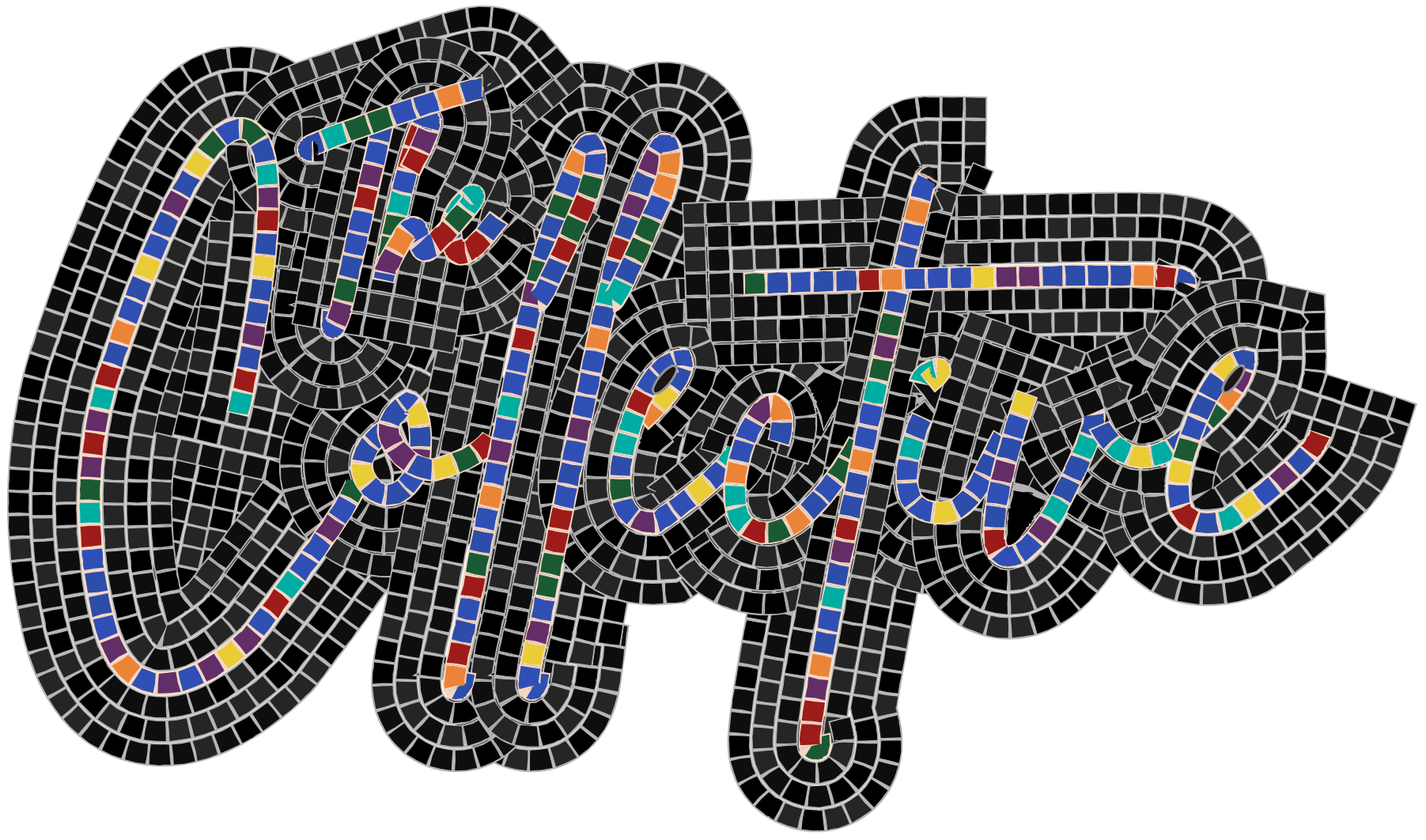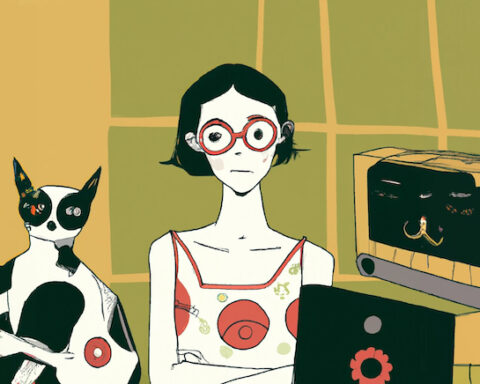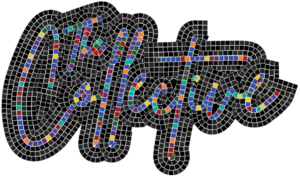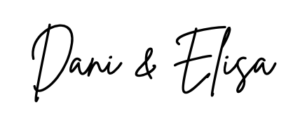The Collective seeks to balance critique with constructive ideas for growth and celebration of progress. While many articles in this issue are critical of academia and how much it needs to evolve or change, this Nugget is a compilation of standout moments our writers have had in university settings, expressing the value we have found (and still seek) within the academic system.
During my undergraduate degree at San Jose State University, Dr. Samuel Maio, my creative writing professor, defined artistic voice not only as mastery over the techniques that constitute your own style, but as having full command over the effect your distinct stylistic choices have on the reader’s experience. Theoretically, the better-developed a writer’s voice, the less the reader’s phenomenology would matter, as the writer would be the primary controller of the energy surrounding the reader’s space. This redefinition of voice completely changed how I processed, incorporated, and chose to implement narrative techniques as a writer and as an artist. It also made perfect sense. After all, what good is a voice if it can’t ring most audibly within a listening ear? It is also a definition I think of frequently now, when I feel so much of the publishing industry is filled with writing meant to reinforce a reader’s preconceived phenomenology rather than challenging, redirecting, or leading audience energies. Based on Dr. Maio’s definition, it makes me wonder, in such a crowded world replete with content, how is it we have so few voices?
Vijay M. Rajan
I recently started graduate school at Michigan State University in Lansing, MI. Since moving up north, I have met so many amazing educators, musicians, and scholars. However, more importantly, I’ve met amazing educators, musicians, and scholars that are Black. As someone who did their undergrad in rural Missouri, I had become accustomed to occupying predominantly white spaces where I was the only person of color. I felt lonely but I didn’t think anything of it because it was all I had known. But then I met Drs. Arris Golden and Henry Dorn, two of MSU’s band faculty members, and they changed my life for the better. Prior to meeting them, I had only ever had one music teacher of color, and he retired two years after I began playing the clarinet in 2010. I felt lost, unsupported, and unwelcome in many fine arts settings and didn’t know what to do. I was convinced that I would never find anyone to relate to my experiences. Little did I know that up in middle Michigan, there were two of the funniest, most kind-hearted, poised, and professional individuals who would soon become an integral part of my academic career. I have learned so much from them in such a short amount of time and I’m looking forward to learning more (specifically from Dr. Golden) about navigating higher education and understanding the intersection of being Black and a woman in that space. Representation really does matter.
Tori Tyler
My “wow” moment was the recent realization of how thankful I am that academia has allowed me to practice and hone what I believe to be a paramount skill: learning. This may seem simple, cliché, or anticlimactic, but I believe the art and skill of learning is highly undervalued in society today. I am ever so thankful for my ability to self-teach, collect information, decipher hidden agendas, form opinions, and most importantly, amend those opinions as I gather more information. When taught appropriately, this is the power and importance of the academy. I look around at some of my friends or family members who find themselves stuck — stuck in a way of thinking that does not allow for growth or reconsideration. Whether they never learned these skills, were never shown its value, or perhaps are intimidated by the learning process, my heart and mind hurt for these individuals who remain stuck. Our society is burdened with an abundance of information and/or misinformation about race, religion, economics, politics, and medicine, and I am grateful for my skills that at the very least afford me a fighting chance to learn and form my own opinions on these crucial topics.
Jett Walker
My primary wow moments have largely had to do with teaching. While I’m grateful for the amount of learning that I’ve done along my academic journey, passing along that knowledge and those skills is what truly sticks with me. Doing a group reading of Dracula with students and seeing them marvel at just how much can really be packed into even the most absurd prose, at least when you understand reading to not be a passive process. Watching students who had been combative and unsure at the start of class get angry in a truly righteous and pure way about the ongoing evils of colonization. Being cornered in a hallway by a student who had read a snippet of Walter Benjamin in class and become entranced. What we do, or what we should do, is powerful and necessary. It’s useful to have these things to hang on to even when the system is fighting tooth and nail to hollow it, and us, out.
Andrew Schumacher Bethke
Two experiences really stood out to me when I saw this prompt. The first was when I was taking a jazz theory class during my first semester at Georgia State University. The professor, Dr. Geoffrey Haydon, played two jazz piano solos and asked us to pick which one was stronger. I was the least jazz-experienced student in the class and I picked the more intricate and flashy solo. Everyone else in the class picked the simpler one, because it fit better with the original song. That was an important lesson to me in the sense that “less is more.” I’ve also had several “wow” moments with my graduate school composition teacher Dr. Marc LeMay. One of the most important things he taught me was about “registeral ceilings,” which basically means being very deliberate when using the lowest or highest notes of an instrument during a piece. He taught to use high notes more strategically, and now registeral ceilings is something I listen for in many other pieces as well.
Brandon K. Smith
My Balinese family has lived in the United States as artistic culture bearers and have been in the purview of the ethnomusicological imagination for the past few decades. They have been teachers of Balinese arts in elementary schools, academic institutions, and have fostered many Indonesian music ensembles around the country. Many people have collaborated with them with grace and passion, but my “Wow!” moment isn’t a positive one…
I grew up around many people “finding” themselves and their careers on the backs of people like my family. When I began graduate school, although I was a curious person, I had my academic guard up. I’m glad I did because it was very surprising how many people felt like they were entitled to tell me how to be Indonesian. Professors and students that were not Indonesian feeling like they knew anything about me because they have read ostensibly canonical texts or have played in a gamelan ensemble once. People constantly telling me how I should listen, analyze, and perform my people’s music. “Wow! Did you really just tell me that I should compose more quietly?” I’ve had many great moments in academia, which is why I’m still relatively in the game, but these moments in arrogant presumptions of identities are the reasons I’ve decided to make a different artistic route and have vowed never to superimpose knowledge onto someone else’s cultural makeup.
Putu Tangkas Adi Hiranmayena
“You can’t stuff a great life into a small dream.” These are the words of the late Dr. Eric Hammer, professor at UOP, whom I first met all the way back when I was performing in high school honor bands. He presented students with a colorful printed page of curated quotes (a few written by himself). A send-off, a memento, some fuel for the journey. Being under his baton is one of the reasons I felt so sure about pursuing music as a career, about trying for that big dream. About a year ago I was going through old files and came across my collection of colored papers with quotes from Dr. Hammer, all saved from over a decade ago. I had kept in touch with him throughout my higher education and was lucky to see him again not long before he passed. “You can’t stuff a great life into a small dream.” The words struck me differently this time, but they were no less meaningful. Poignantly, they inspired me to not be afraid to pursue my next big ambitions. And I felt “wow”ed by the cyclical nature of learning — a lesson learned is not just for that moment but for down the road, coming back to us again and again in unexpected ways with greater meaning and nuance. True education ages with you; it matters and lasts.
Elisa Moles







